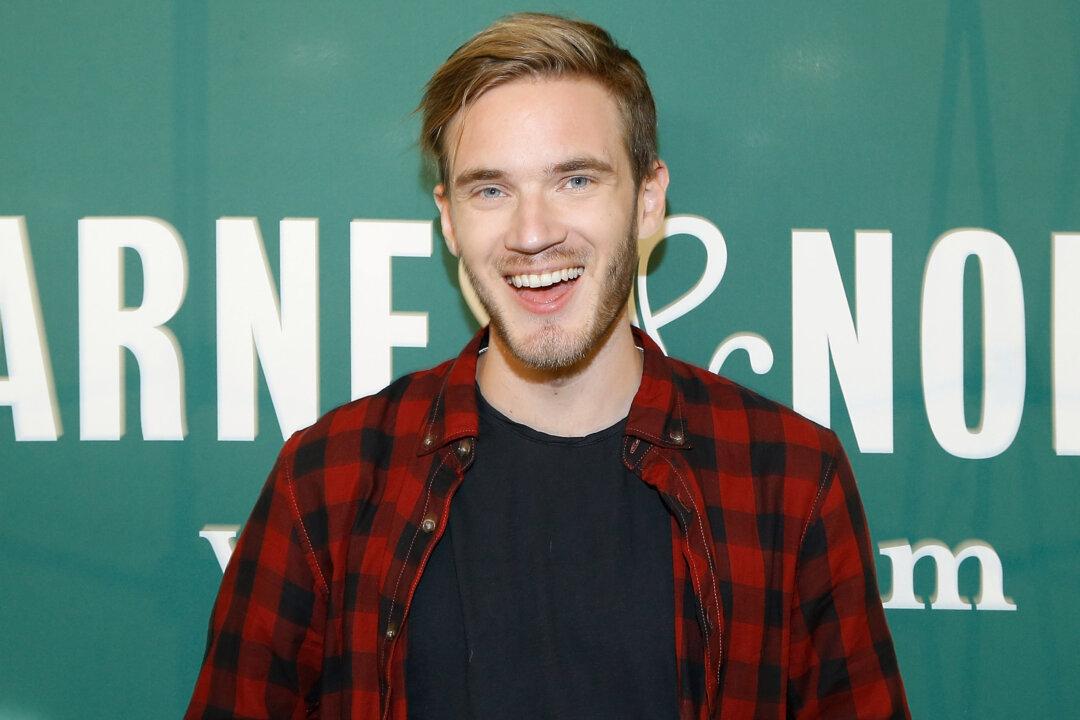Popular YouTube star PewDiePie was censored from China’s largest online community after he took a stab at the Chinese regime’s sensitivity about the ongoing Hong Kong protests, while mocking American companies that have curbed free speech to appease the regime.
In a video on Oct. 16, PewDiePie, whose real name is Felix Arvid Ulf Kjellberg, took aim at the National Basketball Association (NBA) and U.S. video game company Blizzard Entertainment for putting profits over free speech in their handling of the Hong Kong issue.





